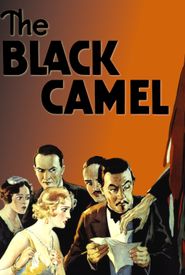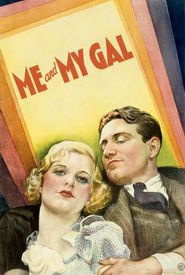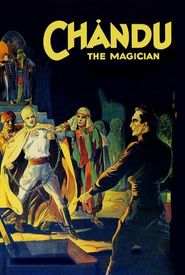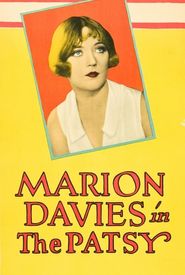Barry Conners was a multifaceted individual who defied categorization. Born in Oil City, Pennsylvania in 1882, he was the son of a country doctor. Conners' early life was marked by a desire to learn the ins and outs of the theater, which he pursued by joining a theater company as an actor. He honed his craft in vaudeville, touring the country as a singer, dancer, and actor in various repertory groups.
However, Conners' true passion lay in playwriting. He joined the White Rats Movement, an organization aimed at improving working conditions for actors, which was founded by Maurice Barrymore and others. The movement's primary goal was to break the stranglehold of monopolistic producers, such as Charles Frohman, who controlled the industry. Unfortunately, the organization was eventually destroyed, and Conners was blacklisted from working in the theater.
Undeterred, Conners turned to writing full-time. He began by writing plays, which were eventually produced in New York City in the 1920s. His most notable plays included "Mad Honeymoon," "Hell's Bells," "Applesauce," and "Unexpected Husbands." Conners' play "The Patsy" was a particular success, starring Marion Davies, the mistress of William Randolph Hearst.
As the talkies revolutionized the film industry, Conners saw an opportunity to capitalize on his voice and transition to screenwriting. He worked for Fox Films for several years, producing a number of successful screenplays.
Tragically, Conners' life was cut short in a fire in his Los Angeles apartment building on January 5, 1933, at the age of 50. Despite his untimely death, Conners left behind a lasting legacy in the world of theater and film.





























